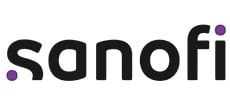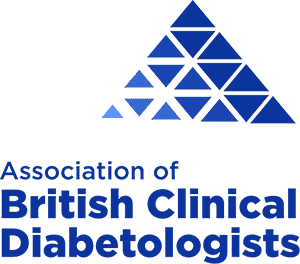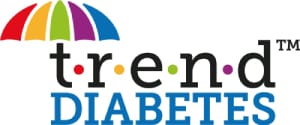Please note type 1 pathways should be entered into the type 1 specialist service category and emotional wellbeing into the Wellbeing category
Have you or your community, secondary, GP multidisciplinary team (MDT), community made significant positive changes to services with demonstrable results of improved quality and delivery of effective integrated services that are based in the community and/or in hospital?
This category recognises innovative patient care pathway initiatives in response to patient needs and goals with demonstrable results of improved quality and delivery of effective integrated services that are based in the community and/or in hospital.
| 2024 Essential Judging Criteria and Points The judges will be focusing on the following areas when scoring your entry. Write your entry accordingly | Score | Maximum number of words |
|---|---|---|
| Summary: Provide background & brief overview of the initiative | NA | 100 |
| Innovation/Novel approach to an existing problem:
| 15 | 500 |
| Equality, Diversity and Variation: Describe how you have identified and successfully addressed issues related to equality and diversity. How have your interventions led to a reduction in variation focusing on: access, need, appropriateness, and outcomes/experience | 20 | 500 |
| Impact to Patient Care Provide detail on how your project impacted on patient care | 25 | 600 |
Results: Provide a minimum of six months of results and illustrate how you measured your success vs objectives along with:
| 25 | 600 |
| User feedback: Evidence of support from a range of interested stakeholders, e.g. healthcare professionals and/or service users. Please include statements. Describe how feedback was collected and bias was minimised. Provide examples of service user feedback and explain how this is used to drive further improvement | 20 | 500 |
| Dissemination and sustainability: Define the reach of the project i.e. was it done in your hospital/organisation or a wider influence and reach? Describe the beneficial elements in terms of improved patient experience that you will take forward and develop further. How easy would it be for another service to directly implement this initiative? | 15 | 375 |














